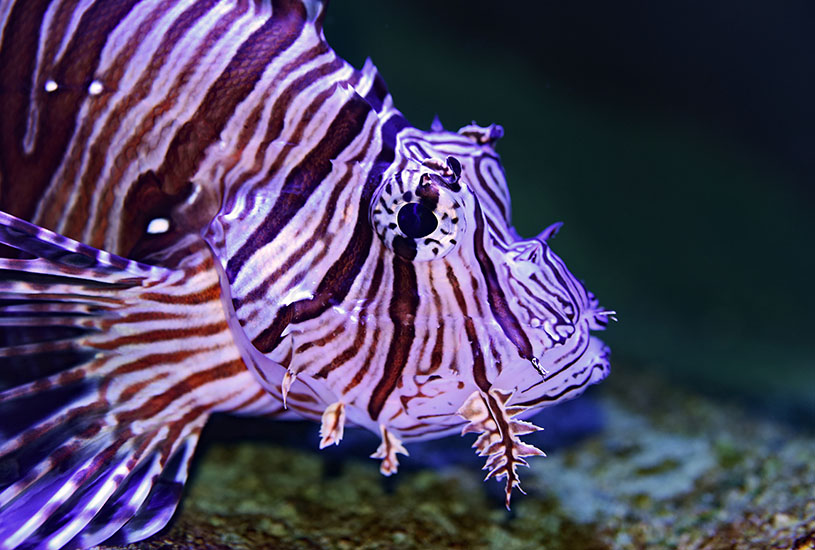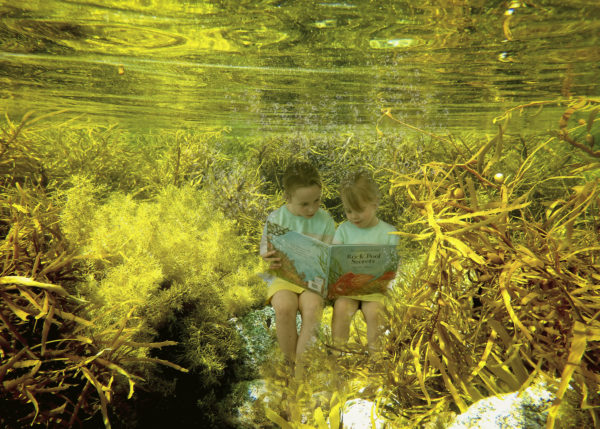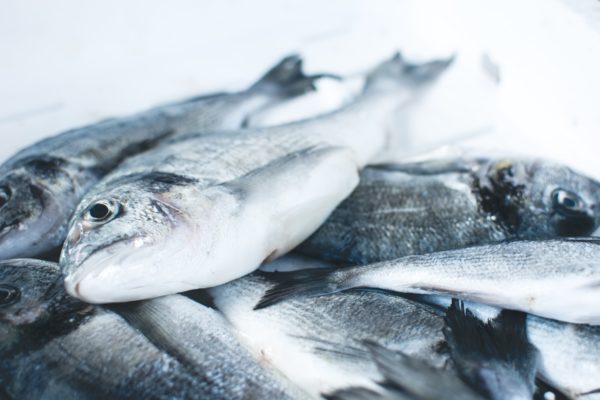A Deakin alumnus is undertaking world-leading research – with the help of zebrafish.
Dr Robert Sertori, who completed his PhD at Deakin in 2016, has been given the opportunity to continue his genetics research with a team of international researchers at one of the USA’s most prestigious research centres, the Fox Chase Cancer Center (FCCC), in Philadelphia, Pennsylvania.
His research has focussed on zebrafish – known to carry immune cells similar to humans – to identify how disruption to key genes can cause severe combined immunodeficiency (SCID).
“The FCCC was seeking a Postdoctoral Researcher to utilise zebrafish to investigate possible SCID-causing mutations, which have been identified in human newborn screens,” he said.
“I felt like this position was almost perfect for me, based on my PhD project.”
He completed his PhD, entitled “Investigating interleukin 2 receptor family signalling in zebrafish” under the supervision of Deakin’s Professor Alister Ward and Dr Clifford Liongue. Professor Ward is Co-Director of Deakin’s Centre for Molecular and Medical Research (CMMR).
Following a successful Skype interview months earlier, Dr Sertori arrived in the USA last December.
The FCCC is part of the Temple University Health System, and is renowned for state-of-the-art cancer treatment and innovative clinical trials. Dr Sertori’s research is part of the Blood Development and Function group, which has a specific interest in immunology and how this can intertwine with cancer.
[testimonial_text]My main project is collaborating with the University of California, San Francisco, to screen for SCID in newborns.[/testimonial_text]
[testimonial_picture name=”Dr Robert Sertori” details=””]
 [/testimonial_picture]
[/testimonial_picture]“We’ll be using the zebrafish to determine the effects of loss of function in specific genes, including whether it impacts on critical components of the immune system called T cells.”
SCID is a rare genetic disorder caused by numerous gene mutations, resulting in impaired immune system function. In the most severe cases – such as X-linked SCID ‘bubble boy syndrome’ – the immune system is so compromised it is non-existent, leading to extreme vulnerability to infectious diseases.
“During Robert’s PhD research, he successfully made a zebrafish model of SCID, and specifically, the version that relates to ‘bubble boy syndrome’ (X-linked SCID),” said Professor Ward.
“One of the main reasons for making this model is that it can be very useful for studying cancers, potentially including human ‘patient-derived xenografts’, which represent a transplant of a human cancer that can be grown in the zebrafish for detailed investigation,” he said.
He noted that other laboratories have shown patient-derived xenografts of human tumour cells in SCID zebrafish.
“We applied a genome editing technique to specifically mutate the gene causing ‘bubble boy syndrome’ in zebrafish embryos. As they matured, mutant fish were identified and their immune system analysed, which revealed an immune deficiency,” he said.
For his current work at FCCC, Dr Sertori will be using a genome editing technique similar to that used in his PhD study, to generate additional genetic mutations in zebrafish.
“If the gene identified is the cause of the SCID, then mice will be trialled in the next phase, along with human cell lines to determine the mechanism. But the first step is to test this in zebrafish,” he said.
“At the FCCC, initial work on the screening for SCID project involved 10 patients. Three disease-causing alleles were identified by a Postdoctoral Fellow in our laboratory, and a fourth appears to be caused by a known SCID allele. So far, for another patient, there were five potentially causative genes identified,” he said.
“I’ve undertaken a knockdown [which reduces the functional gene levels and thus displays the function of the gene] on four of those identified genes, and have a likely candidate as the causative gene. But further testing is required.”
It has been an enjoyable, though wintry, beginning to the one-year contract abroad, marked by four episodes of snowfall to date.
The project has the potential to extend to four years, which was part of the appeal for Dr Sertori to apply abroad. His Deakin supervisor, Professor Alister Ward, is due to visit in mid-May to discuss potential collaborations between Deakin and the FCCC.



